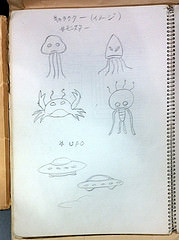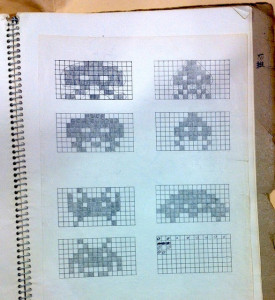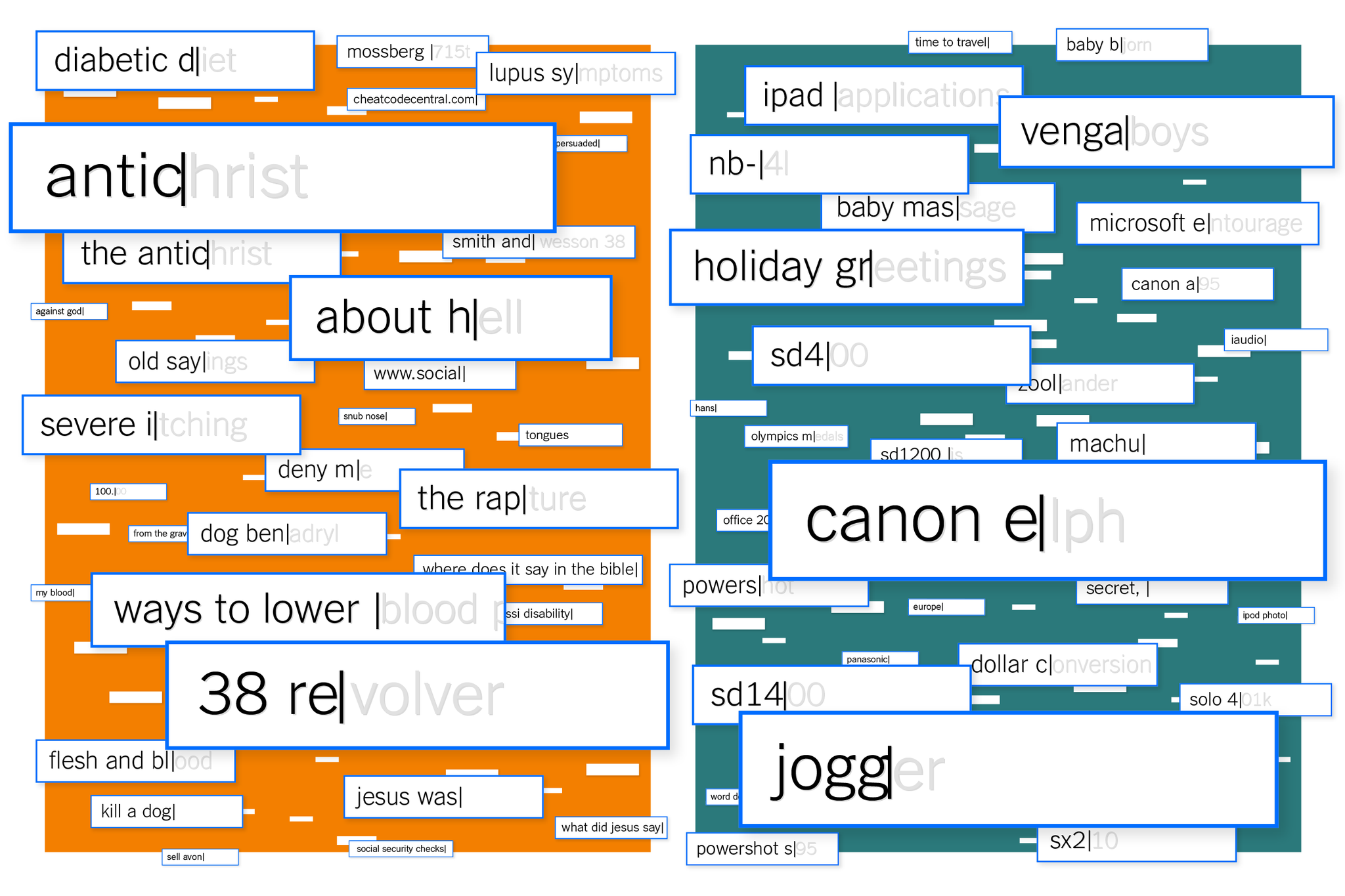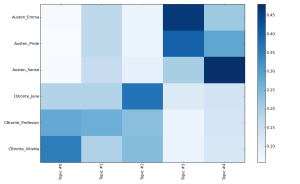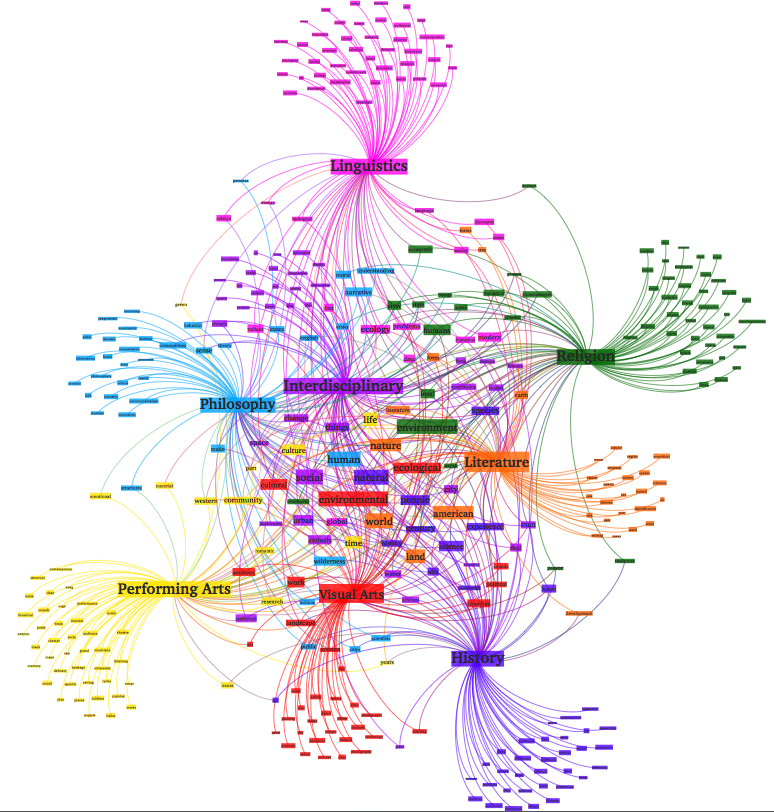This week SSHRC announced the new partnership grants awarded including one I am a co-investigator on, NovelTM: Text Mining the Novel.
This project brings together researchers and partners from 21 different academic and non-academic institutions to produce the first large-scale quantitative history of the novel. Our aim is to bring new computational approaches in the field of text mining to the study of literature as well as bring the unique knowledge of literary studies to bear on larger debates about data mining and the place of information technology within society.
NovelTM is led by Andrew Piper at McGill University. At the University of Alberta I will be gathering a team that will share the resulting computing methods through TAPoR and developing recipes or tutorials so that others can try them.

